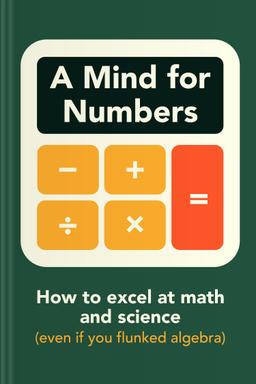Learning How To Learn
by Barbara Oakley PhD, Terrence Sejnowski PhD, Alistair McConville
What is Learning How To Learn about?
This insightful guide empowers students to master effective learning techniques without overwhelming their schedules. By combining practical strategies with brain science, it reveals how to enhance memory, tackle procrastination, and improve study habits. Suitable for kids and teens, the book offers tools to boost confidence and foster a love for learning, proving that academic success can be achieved with smart approaches rather than endless hours of study.
Who should read Learning How To Learn
- Students struggling with traditional study methods.
- Parents looking to help their children excel academically.
- Educators seeking innovative teaching strategies for their students.
What is How to Read a Book about?
This guide offers a systematic approach to effectively reading and understanding books of all kinds. It explores different reading techniques tailored to various genres, emphasizing the importance of active engagement with the text. Readers learn how to analyze content, ask questions, and synthesize ideas, enhancing comprehension and critical thinking skills. Ideal for anyone looking to deepen their reading experience and grasp complex concepts with greater clarity.
Who should read How to Read a Book
- Students seeking to improve reading comprehension skills.
- Lifelong learners wanting to deepen their analytical reading.
- Educators looking for teaching strategies on reading techniques.
What is A Mind for Numbers about?
This insightful guide empowers readers to enhance their mathematical and scientific skills through effective learning techniques. By blending cognitive science with practical strategies, it reveals how to tackle challenging concepts, overcome procrastination, and develop a growth mindset. With engaging anecdotes and exercises, it provides tools to help students and professionals alike excel in STEM fields, fostering a deeper understanding and appreciation for numbers and analytical thinking.
Who should read A Mind for Numbers
- Students struggling with math and science subjects.
- Educators seeking innovative teaching methods in STEM.
- Lifelong learners wanting to improve analytical skills.


